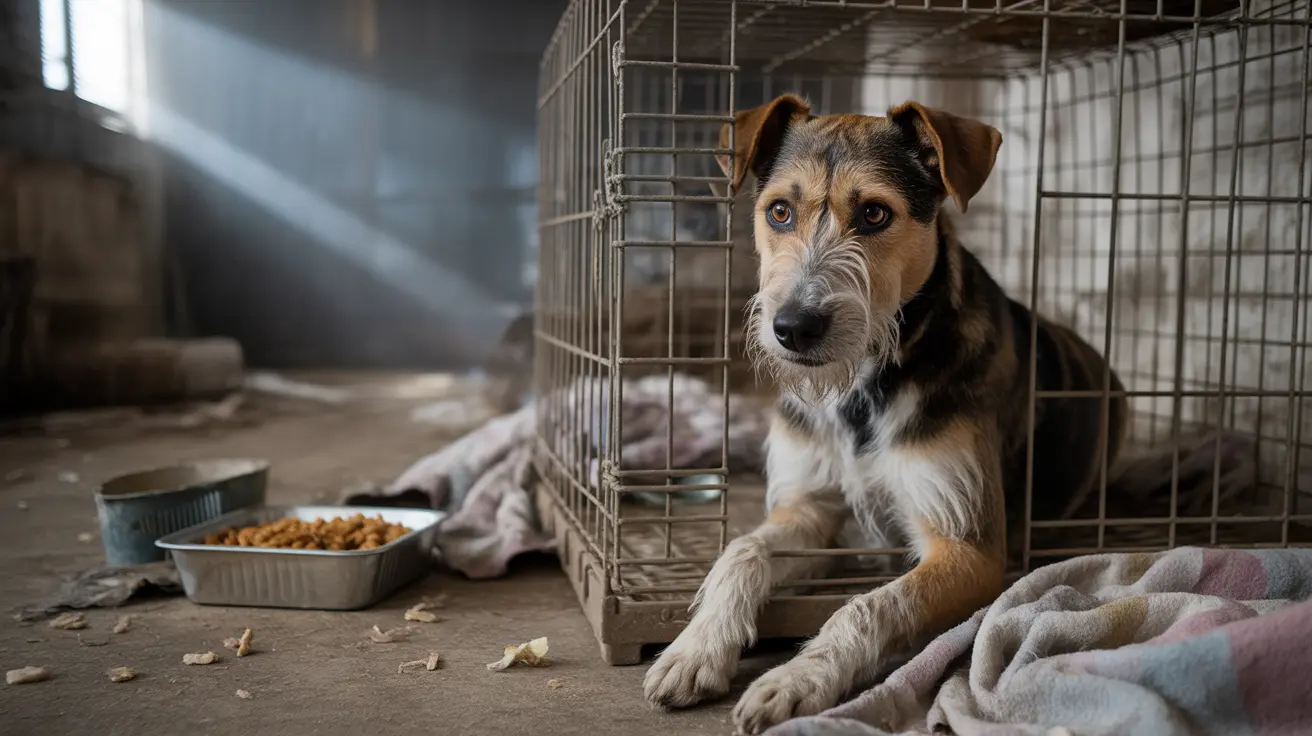Law enforcement agencies have launched a significant animal cruelty investigation at a residential property in Plympton, Massachusetts, prompting authorities to warn local residents to avoid the area due to the extensive police presence. The operation highlights the ongoing challenges of addressing suspected animal welfare violations in residential settings.
The investigation, coordinated with multiple agencies, has drawn considerable attention to the South Shore community as officials work to assess the situation and ensure the safety of any animals involved. Local residents were advised to steer clear of the search area while law enforcement personnel carried out their duties.
Understanding Animal Welfare Laws in Massachusetts
Massachusetts maintains some of the nation's most comprehensive animal protection statutes, designed to safeguard pets and livestock from neglect and abuse. These regulations empower law enforcement and animal welfare organizations to investigate suspected cases of mistreatment and take necessary action to protect vulnerable animals.
Role of the MSPCA in Animal Seizures
The Massachusetts Society for the Prevention of Cruelty to Animals (MSPCA) plays a crucial role in investigating and addressing animal welfare concerns across the state. Working alongside law enforcement, the organization provides expertise in animal handling, temporary shelter, and veterinary care for animals removed from dangerous situations.
Signs of Animal Neglect and Proper Care
While this investigation continues, it's important for community members to understand common indicators of animal welfare concerns:
- Excessive numbers of animals at a single property
- Visible signs of undernourishment or illness
- Poor living conditions or inadequate shelter
- Strong odors or unsanitary conditions
- Animals appearing distressed or untreated
Community Response to Animal Welfare Issues
When communities face animal welfare challenges, proper reporting and response protocols help ensure both animal and human safety. Professional intervention through authorized channels prevents additional stress to potentially compromised animals while protecting the rights of all parties involved.
Shelter Resources for Seized Animals
When animals are removed during cruelty investigations, specialized facilities and organizations step in to provide:
- Immediate veterinary assessment
- Safe, clean temporary housing
- Proper nutrition and care
- Behavioral evaluation
- Rehabilitation services as needed
Frequently Asked Questions
How does law enforcement handle large-scale animal cruelty cases?
Law enforcement typically coordinates with animal welfare organizations, veterinarians, and specialized teams to safely remove and evaluate animals. These operations require careful planning to ensure proper documentation, evidence collection, and appropriate care for each animal involved.
What should neighbors do if they suspect animal cruelty?
Residents should document their observations and report concerns to local animal control or law enforcement. Avoid direct intervention, as this could compromise ongoing investigations or create safety risks. Most communities offer anonymous reporting options for those concerned about privacy.
What are the legal consequences for animal cruelty in Massachusetts?
Massachusetts law treats animal cruelty as a serious offense, with penalties potentially including significant fines and imprisonment. The specific consequences depend on the nature and severity of the violations, with multiple counts possibly resulting in cumulative sentences.
The ongoing investigation in Plympton serves as a reminder of the importance of community vigilance and proper reporting of suspected animal welfare violations. As this situation develops, it reinforces the critical role that law enforcement and animal welfare organizations play in protecting vulnerable animals and maintaining community safety.






